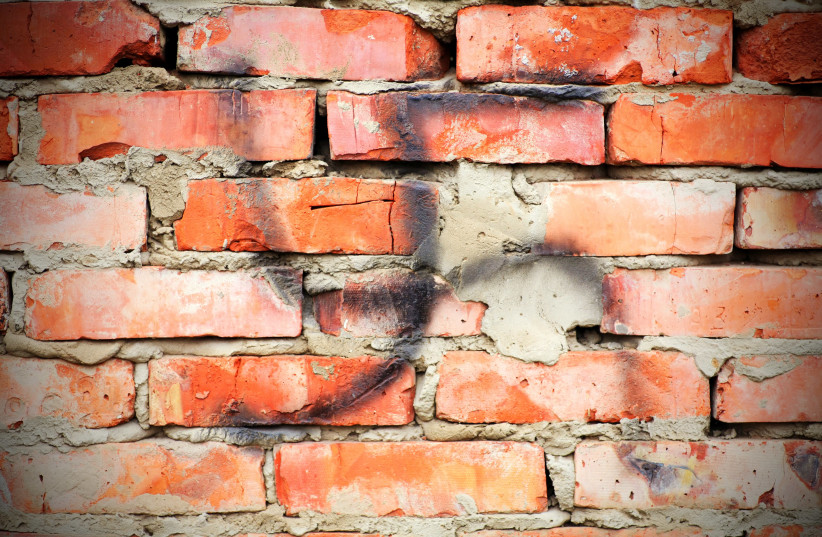Following new research from the Network Contagion Research Institute (NCRI) and the Combat Antisemitism Movement (CAM), a new report has been produced to better understand just how directly calls to action for violence against Jews is directly connected to attacks on Jewish targets.
In the first of its kind, the NCRI and CAM report dives into how the online incitement of hate crimes against Jews turns directly into physical attacks on Jewish targets.
In recent months, new antisemitic language has come to life, such as a trending Twitter phrase like "Synagogue of Satan," which typically is connected to calls for violence against Jewish houses of worship from notable Twitter users known to incite hate against Jews. This term has been particularly popular amongst extremist groups on multiple ends of the sociopolitical spectrum.
QAnon, US extremists could be held responsible
Included are QAnon influencers, Christian and White nationalists, Black Hebrew Israelites, and Nation of Islam supporters who use their platforms to advertise the term and blast antisemitic tropes.

In this study, researchers examined the "Synagogue of Satan" signature and cross-examined it on a national level across the United States to see how it could be connected to synagogue attacks that actually occur in real time. Using spatial regression, which is a tool frequently used in climate modeling and forecasting to analyze the statistical relationship between variables, show a direct connection.
These terms, along with attacks, become increased when well-known public figures adopt them. Kanye West, Kyrie Irving, former US National Security Advisor Mike Flynn are strong examples of this.
The Combat Antisemitism Movement found sharp increases in recent months against Jewish houses of worship. The study found 33 monitored anti-Semitic incidents in which Jewish institutions were targeted globally during the first two months of 2023 – 12 of which were US synagogues. This marked a more than 70% increase in attacks on US synagogues since last year.
The rapid increase of these attacks prompted NCRI and CAM to further analyze the impact of cyber social signals and attacks in the real world.
“This dangerous ‘Synagogue of Satan’ narrative has transcended traditional ideological boundaries, serving as a unifying theme among diverse extremist groups,” said NCRI Director and Chief Science Officer Joel Finkelstein.
“While a causal link between this online rhetoric and real-world violence, vandalism or threats cannot be conclusively established, the correlation between the two is concerning and the potential impact of such a toxic narrative should not be underestimated. As society becomes increasingly aware of the spread of antisemitism in all its contemporary forms, it is crucial that efforts are made to counteract these narratives and protect the safety and well-being of Jewish communities.”
"In identifying the significant correlation that exists between hostile rhetoric on Twitter about Jewish houses of worship, and real-world incidents targeting synagogues across the United States, important steps must be taken by both policymakers and social media platforms to enhance the safety of the Jewish community.” said CEO of CAM Sacha Roytman Dratwa.
“A key call to action in the report is directed at social media platforms such as Twitter, and their need to ensure that application programming interfaces (API) remain accessible to research institutions, monitoring organizations, and law enforcement agencies. Doing so, the report highlights, would allow for further research on the relationship between online antisemitic rhetoric and real-world incidents."
What is the solution, in the eyes of the Combat Antisemitism Movement? "Lawmakers should require greater levels of transparency from social media platforms to prevent the proliferation of antisemitism and violent acts of hate.”
